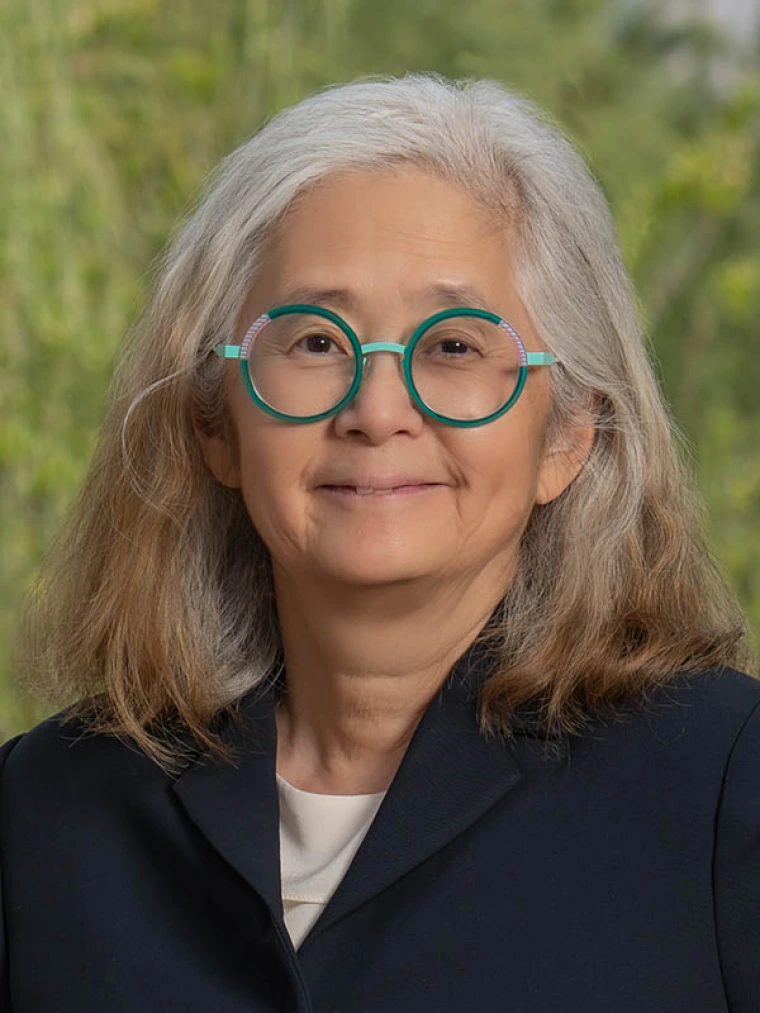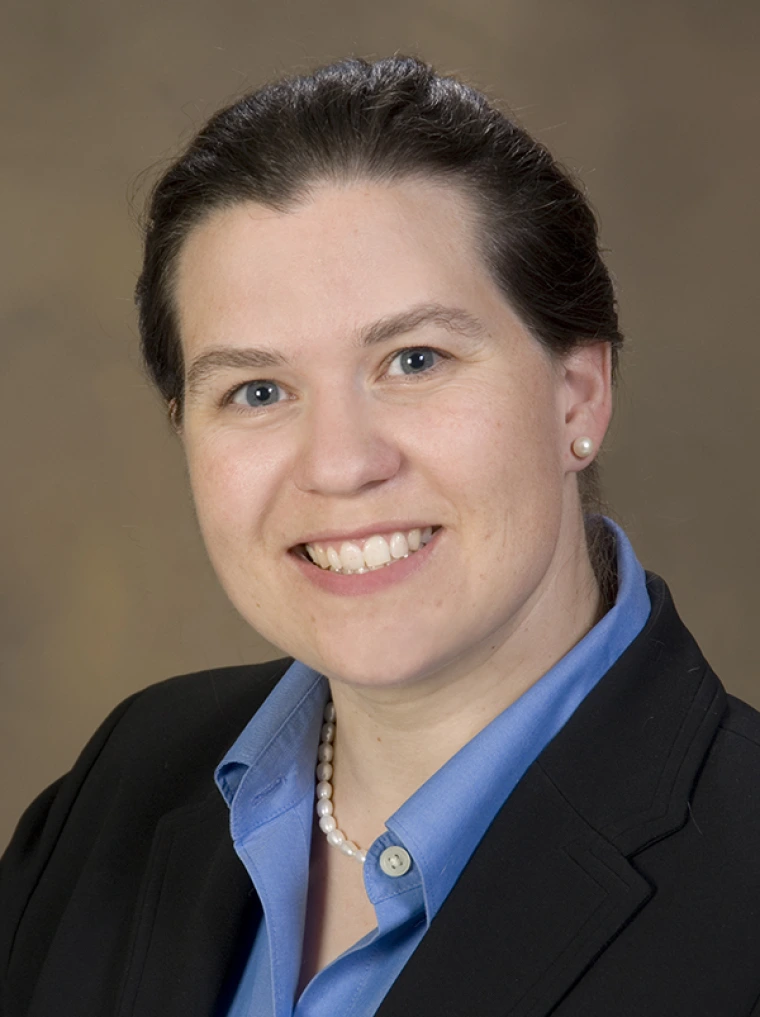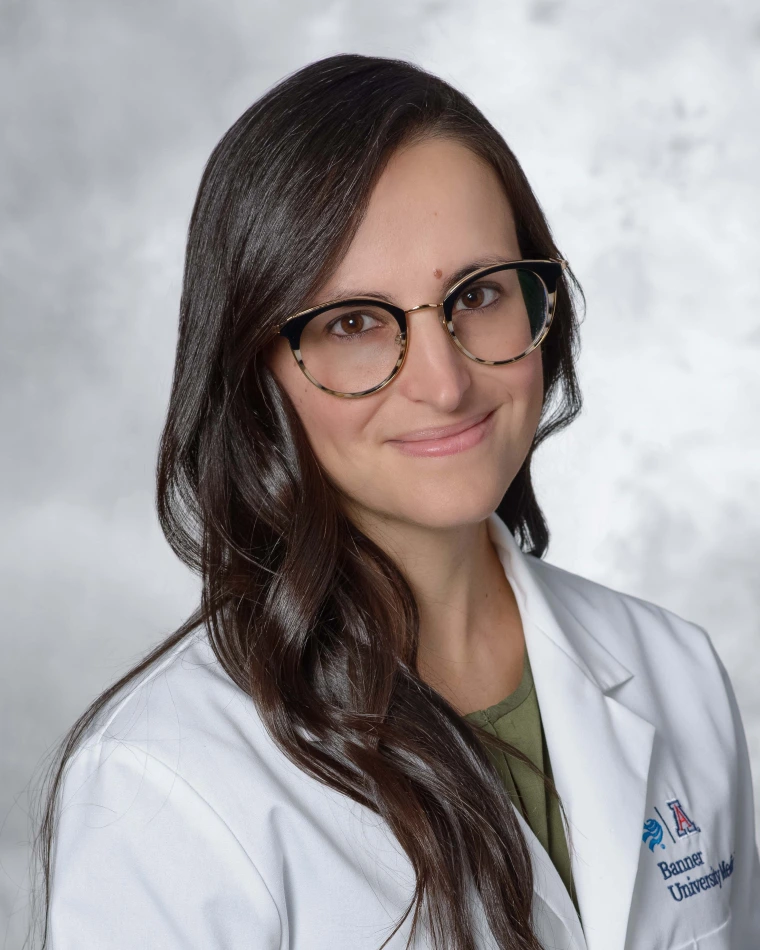Our gynecologic oncologists are specialty physicians you can trust who are dedicated to the prevention, early detection and treatment of gynecologic cancers, which arise within a woman's reproductive organs. They are supported by a team of dedicated, experienced personnel. They provide comprehensive cancer care and offer various options in the prevention and treatment of women's cancers including:
- Epithelial Ovarian Cancer – ovarian epithelial cancer, fallopian tube cancer, and primary peritoneal cancer are diseases in which malignant (cancer) cells form from the ovary and/or nearby fallopian tube, or peritoneum. There are several types of Epithelial Ovarian Cancer.
- Ovarian Germ Cell Tumor - a disease in which malignant (cancer) cells form from the germ (egg) cells of the ovary. Ovarian germ cell tumors can occur in teenage girls or young women and most often affect just one ovary. There are several types of Ovarian Germ Cell Tumors.
- Endometrial Cancer - a disease that begins in the uterus. There are several types of Endometrial Cancer. The uterus is the hollow, pear-shaped pelvic organ in women where fetal development occurs. Endometrial cancer usually begins in the layer of cells that form the lining (endometrium) of the uterus and may be associated with hormones.
- Other Endometrial or Uterine Cancers - the kind of cancers of the uterus which are aggressive and more likely to spread.
- Cervical Cancer - the cervix is the lower part of the uterus that opens into the vagina. Cervical cancer can often be successfully treated when it's found early. It is usually found at a very early stage through testing with a pap smear and for HPV DNA.
- Vaginal and Vulvar Cancer - when cancer starts in the vulva, it is called vulvar cancer. The vulva is the outer part of the female genital organs. It has two folds of skin, called the labia. This cancer usually occurs in the elderly.
- Gestational Trophoblastic Disease - arises from cells in the placenta, or afterbirth, and is associated with pregnancy.
Since 2004, we have also run a High Risk Clinic for women who are at risk for a variety of cancers.
Our gynecologic oncologists have completed obstetrics and gynecology residency and then pursued subspecialty training through a gynecologic oncology fellowship. Residency takes four years to complete, while fellowship involves three to four additional years of intensive training about surgical, chemotherapeutic, radiation, and research techniques that are important to providing the best care for gynecologic cancers. Physicians who complete this training are eligible to take both the obstetrics and gynecology board exam and the gynecologic oncology board exam. In short, they are a medical oncologist and a surgical oncologist wrapped in one.
At the University of Arizona Cancer Center, we have a special focus on bringing unique clinical trials to our patients with gynecologic cancers.









